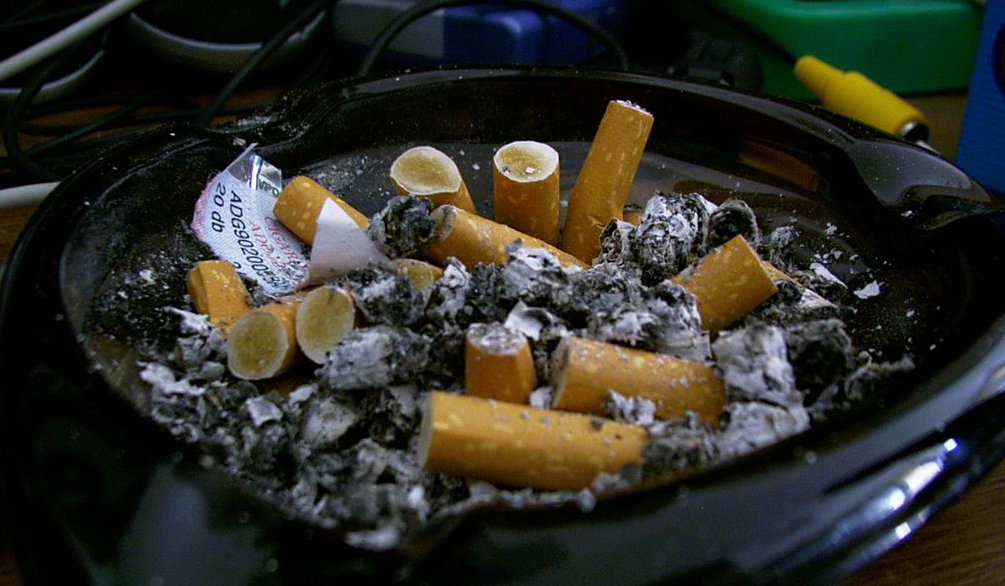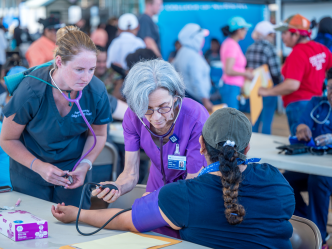 If you’re not quitting smoking because you think the damage is done, put down that cigarette. The truth is, much of the damage from smoking can be reversed — and in as little as 24 hours after quitting.
If you’re not quitting smoking because you think the damage is done, put down that cigarette. The truth is, much of the damage from smoking can be reversed — and in as little as 24 hours after quitting.
“It really doesn’t matter how long a person has been smoking,” said Dr. Zhonglin Hao, co-lead of the thoracic oncology team at the GRU Cancer Center. “If you quit, you will improve the overall quality of life for you and your family.”
Quitting smoking is far easier than fighting cancer or struggling to take a breath because of a bad heart or damaged lungs, and the benefits are huge. Take a look at these numbers:
Cut your cancer risk in half
After five smoke-free years, the lung-cancer death rate for an average smoker (one pack a day) is reduced almost by half. And after 15 years, the risk is almost the same as that of a nonsmoker. Quitting also decreases the chance that a person will develop cancer of the mouth, throat, pancreas and bladder.
Slash your heart attack risk — in just 24 hours
The American Cancer Society says that a smoker’s chance of a heart attack drops within 24 hours of his or her last cigarette. After one year, the increased risk of heart attack is reduced by half.
Stop strokes in as little as five years
When a smoker quits, the risk of a stroke drops to that of a nonsmoker. How long does that take? In studies completed so far, it’s ranged from five to 20 years.
Enjoy the lungs of a nonsmoker after five years
According to a recent study, within five years of quitting, middle-aged smokers had slowed the rate of decline in their lung function to that of the average nonsmoker.
Free Screenings
The GRU Cancer Center and GRHealth Department of Radiology have partnered to offer lung cancer screenings at no cost to those who qualify. To find out more, call 706-721-4726 (Monday-Friday, 8:30 a.m.-4:30 p.m.) or email lung@gru.edu.
 Augusta University
Augusta University




